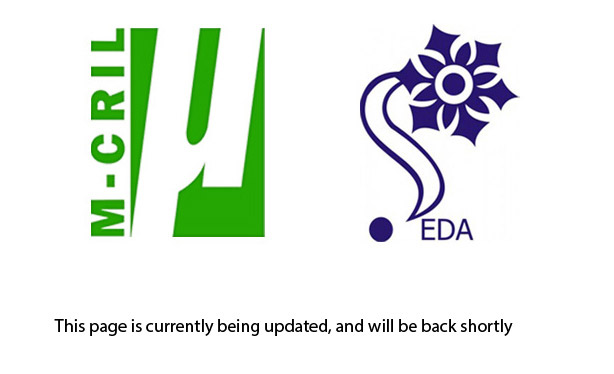Peer-to-peer lending platforms, mostly known as Peer2Peer (P2P) platforms enable individuals and small corporate investors to lend to Small and Medium Enterprises (SMEs) in need of capital and not able to source loans from commercial banks due to the lack of physical collateral or an insufficient borrowing history.
In 2016 we piloted the assessment of a P2P internet lending platform in China.
In China such platforms have recorded explosive growth over the past 3-5 years. There were reported to be 2,349 online lenders at the end of June 2016 with total outstanding loans of $93 billion. Nearly half of the total numberof P2P platforms in China are reported to face financial problems. Though China’s regulators were initially willing to allow these platforms to function unchecked, the spectacular failure in December 2015 of one (Ezubao) resulting in losses of $7.6 billion to over 900,000 retail investors has led to a clampdown. Since then, the CBRC has introduced a number of increasingly stringent measures to ensure that P2P companies do not take deposits and limit their role to information provision and matchmaking.
The P2P sector is an increasingly significant mechanism for financial inclusion in China, and is spreading rapidly in other countries including the US, UK and India. P2P regulation is therefore becoming an area that regulators in a number of countries are currently looking at.
M-CRIL’s initiative in this field is designed to facilitate understanding of the operational challenges and risks associated with such platforms. The emerging development of a rating product will enable platforms to showcase their reliability to investors and regulators alike.
Contact our MD Sanjay Sinha, sanjaysinha@m-cril.com for more information.


